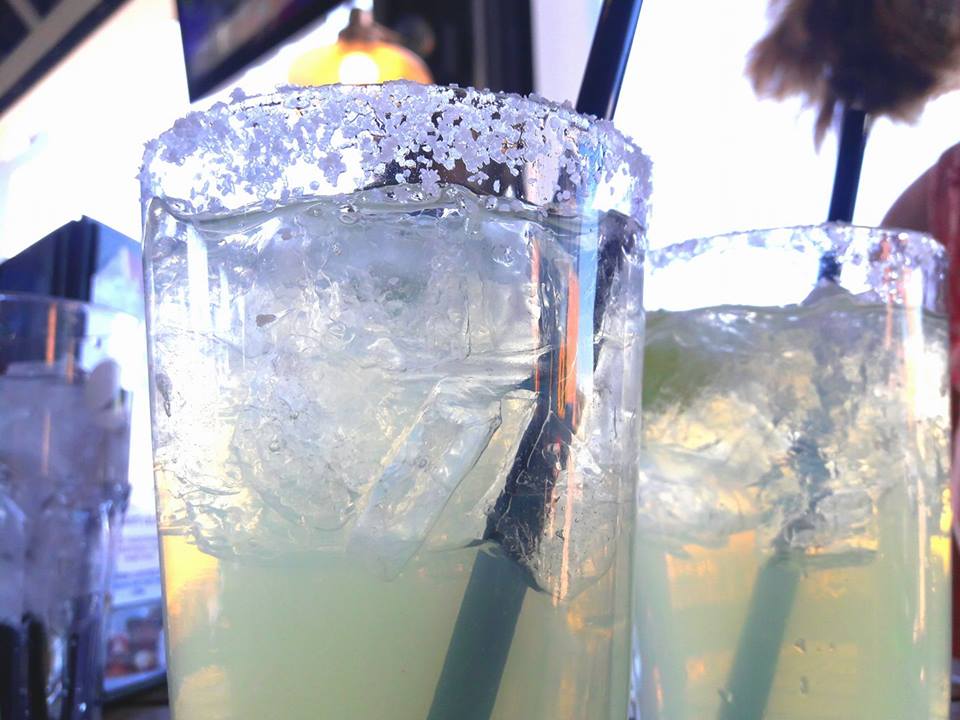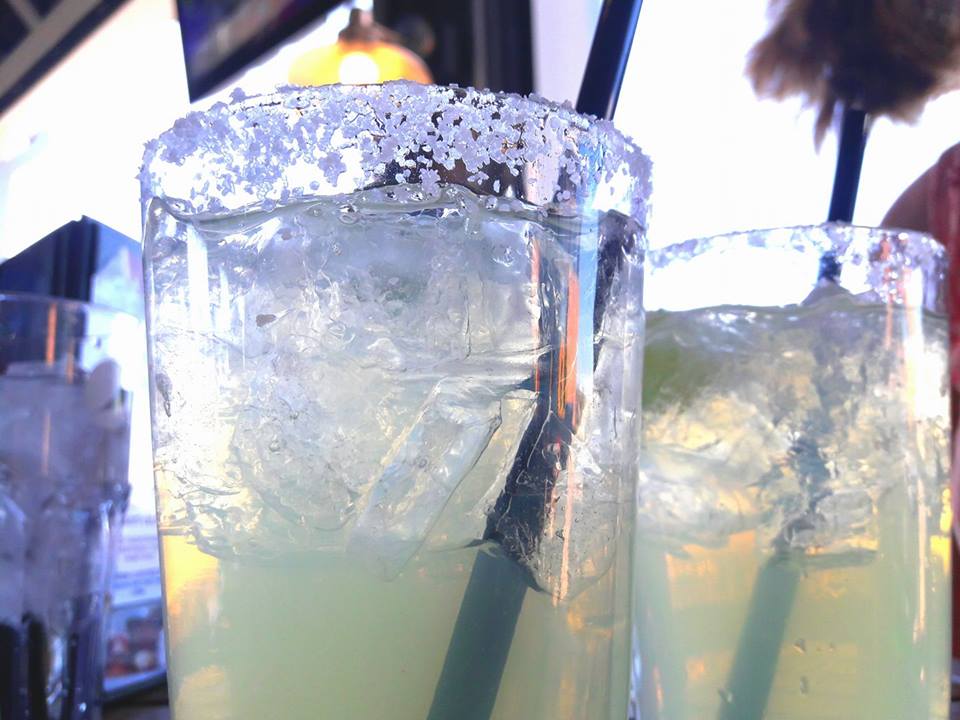Many people have asked me if they can/should drink alcohol post-flox.
As with most things, the answer is – it depends, and everyone is different.
Some Floxies tolerate alcohol fine, while others don’t.
Alcohol is, of course, bad for you. It’s hard on the liver, and can lead to cirrhosis and alcoholic hepatitis. It burdens your liver’s detoxification abilities and hinders your ability to get rid of other toxins. Alcohol wreaks havoc on the gut microbiome, and can encourage candida growth. Alcohol weakens the immune system, and can make you more succeptible to other illnesses. I could go on and on because there are hundreds of articles about the harm that alcohol inflicts on the human body. No matter how many videos come out about tequila being a probiotic, or articles there are about wine containing resveritrol, alcohol is not a health elixir. It is not good for you.
HOWEVER, it is quite fun (IMO), and it even has some health benefits–it’s a painkiller and it reduces feelings of stress and anxiety. Alcohol has enough redeeming qualities that billions of people around the world, most of whom are aware of the negative effects of alcohol, consume it. I do, and so do many other floxies.
When I first got floxed, I stopped drinking for a while. My body was going hay-wire in every conceivable way, and I didn’t want to contribute to my problems by knowingly consuming a substance that is bad for me. I think that abstaining from alcohol during the acute phase of fluoroquinolone toxicity was the right thing for me to do.
Once my body stabilized (i.e. it stopped feeling like a bomb was going off in my body, and I even had some improved/normal days) I started having a drink every once in a while. Even though I could drink, I found that my tolerance for alcohol was greatly diminished. Before I got floxed I could handle three-ish drinks in an evening (and I thoroughly enjoyed drinking them). After getting floxed, my tolerance was one drink a night (that was barely enjoyable). I didn’t even want to drink more than that–I struggle to explain why, but I just felt done after 3/4 of a drink. Over time (I am now a bit over 5 years post-flox) my tolerance increased, and I can now comfortably have two alcoholic beverages in an evening. That’s plenty for me, in my personal opinion of how much I should/shouldn’t drink.
I never experienced a relapse in fluoroquinolone toxicity symptoms as a direct result of drinking alcohol, but other people have, and I encourage everyone who wants to drink post-flox to be very careful and cautious with alcohol consumption. Comments such as this one, from Bob (and the comment just above it when you click on the link, from Ann), are examples of alcohol triggering an increase in, or relapse of, fluoroquinolone toxicity symptoms:
After getting floxed I had relapses to alcohol which I only drank on vacation. I suspect this is due to severe kill off of gut flora. I am afraid to drink anymore.
This comment from Mark also notes that alcohol consumption can lead to fluoroquinolone toxicity symptom flares:
I cheated this weekend and drank alcohol/ate dairy. You know what? It flared up my cipro symptoms full force. Knee joints started cracking like crazy, achilles heal flare, etc. I’m convinced that we are all suffering an overgrowth of yeast and the faster we can get that under control, the healthier we will be.
Some people have a more moderate reaction to alcohol post-flox. This comment, from Ruth, is really interesting and insightful. Though she can drink alcohol without issue, she typically abstains:
I am able to drink again but my tolerance is greatly reduced. It won’t actually harm your gaba receptors because alcohol acts on gaba-b instead of gaba-a. I think it promotes healing.
When the alcohol downgrades the gaba-b subunit, I think the body makes repairs to some of the a subunits in order to put things back in balance.
I think when the FQ took out some of your gaba-a receptors your body gave you extra gaba-b receptors. This can make you a lot more receptive to the effects of alcohol. The b unit seems to be able to replace itself faster. That’s why alcohol withdrawal lasts a lot less long than benzodiazepine withdrawal. This is all just my theory. I have nothing to back it up with except my own experience.
Last year I got drunk at the Racine Zoo by accident. They hosted a teacher’s night and served spiked punches with no indication that they were alcoholic. I had what they had labeled as “Lesson Learned Lemonade.” I was thirsty so I slammed a big cup. At first I felt super relaxed and I thought that my nervous system must really be healing. Maybe it was that walk on the beach… and then I felt it. I knew it had been alcoholic. I ended up drunk off my ass, but not so bad that I couldn’t say “gamma amino butyric acid,” ha, ha. I got a brief relapse from that experience, of symptoms I had not had in a long time. After that ended my base line seemed higher.
So I think alcohol is not completely bad. However, it can devastate your gut microbiome, so I am very careful about it. I had a tiny tiny bit of Bailey’s at Christmas. I enjoyed it. Other than the holidays I abstain from alcohol for the sake of my healthy flora.
Although it won’t stop your nervous system from healing, remember that psych symptoms can also stem from an imbalance of healthy vs. unhealthy microbes. Alcohol can worsen that situation considerably so for the foreseeable future it is better to abstain. Farther down the road you will probably be able to have a beer now and then with no ill effects.
Some people have even found that alcohol has helped them. It is a pain reliever and relaxant. It reduces anxiety and stress – even the anxiety and stress that comes with getting poisoned by a pharmaceutical. Stress and anxiety reduction are crucial for healing from fluoroquinolone toxicity. Both Bronwen and Barbara noted that they felt better with moderate alcohol consumption.
As far as booze goes, I actually found one drink helped lessen my symptoms a bit when they were getting overwhelming in the evening – much to my surprise, but I have only ever read one other person that found the same thing – most find the opposite. Again, test yourself! I certainly could not have more than one drink. The liver is struggling along with the other organs, as the clearing house for toxins, so alcohol puts another burden on it.
My saving grace is I am allowed wine ???????? hallelujah .I have been able to drink alcohol from the begining and in certain times when the pain was bad I swear it helped.
As you can see, reactions to alcohol post-flox vary considerably. So, what should your take-away from this post be? Should you drink alcohol, or not? I can’t answer that for you, because I have no idea how you respond to alcohol, or how much you enjoy consuming it. If alcohol isn’t your drug of choice, and you don’t particularly like it, don’t start drinking because some people have responded positively to its benefits. If you want to drink alcohol, it is, of course, best to do it in moderation. If you want to avoid all things that may trigger a relapse, or that are generally bad for the body, by all means, don’t drink. As with all advice for my floxie friends – it depends, everyone is different, and be careful.













… [Trackback]
[…] Here you will find 9761 more Information to that Topic: floxiehope.com/can-floxies-drink-alcohol/ […]
… [Trackback]
[…] Find More on on that Topic: floxiehope.com/can-floxies-drink-alcohol/ […]
… [Trackback]
[…] Info on that Topic: floxiehope.com/can-floxies-drink-alcohol/ […]
… [Trackback]
[…] Read More on on that Topic: floxiehope.com/can-floxies-drink-alcohol/ […]
… [Trackback]
[…] Find More Information here on that Topic: floxiehope.com/can-floxies-drink-alcohol/ […]
… [Trackback]
[…] Read More to that Topic: floxiehope.com/can-floxies-drink-alcohol/ […]
… [Trackback]
[…] Here you will find 30978 more Information to that Topic: floxiehope.com/can-floxies-drink-alcohol/ […]
… [Trackback]
[…] Find More Info here on that Topic: floxiehope.com/can-floxies-drink-alcohol/ […]
… [Trackback]
[…] Read More on that Topic: floxiehope.com/can-floxies-drink-alcohol/ […]
… [Trackback]
[…] There you can find 30888 additional Info on that Topic: floxiehope.com/can-floxies-drink-alcohol/ […]
… [Trackback]
[…] Read More on that Topic: floxiehope.com/can-floxies-drink-alcohol/ […]
… [Trackback]
[…] Read More on that Topic: floxiehope.com/can-floxies-drink-alcohol/ […]
… [Trackback]
[…] Here you will find 88472 more Info on that Topic: floxiehope.com/can-floxies-drink-alcohol/ […]
… [Trackback]
[…] Information on that Topic: floxiehope.com/can-floxies-drink-alcohol/ […]
… [Trackback]
[…] Here you can find 91284 additional Info to that Topic: floxiehope.com/can-floxies-drink-alcohol/ […]